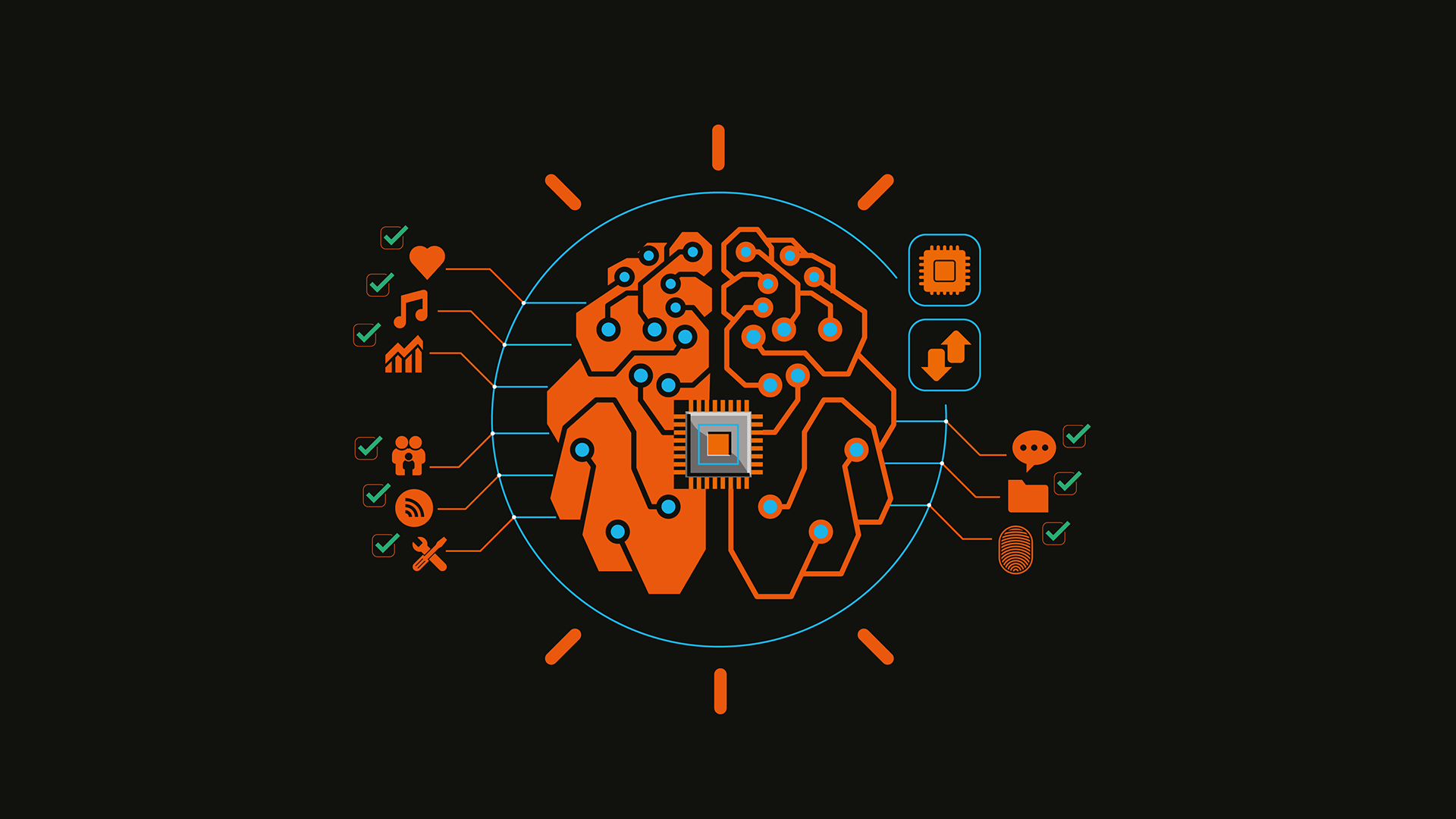News
In a constantly changing world, it is essential for researchers to anticipate the technological developments taking shape and to reflect on the fundamental changes in terms of uses and economic models, and more broadly on changes in society. Research lights our way forward, helping to shape a completely digital but nonetheless entirely human future.






